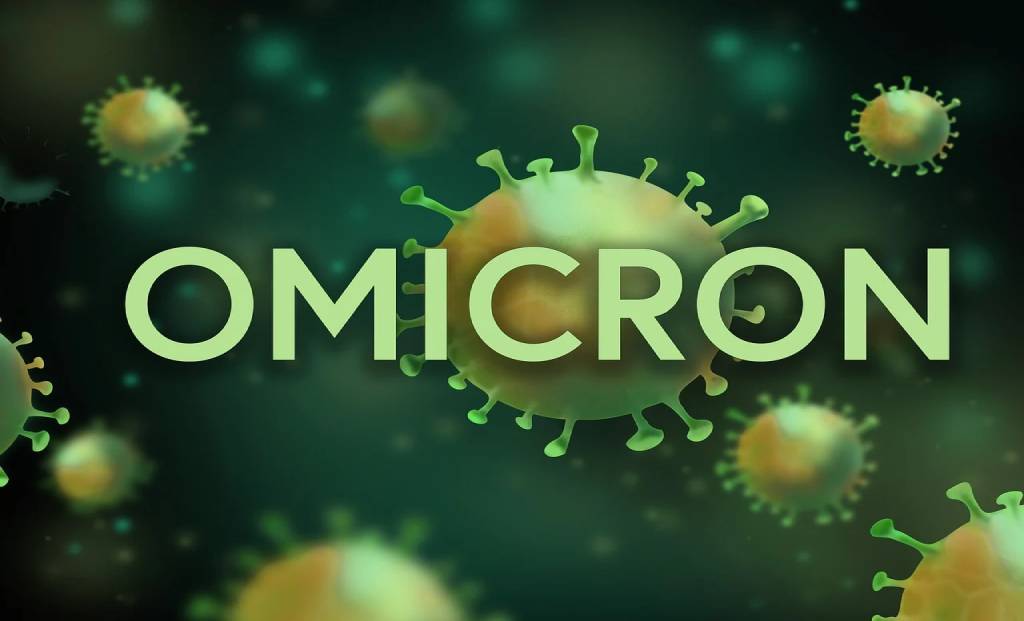NCDC Confirms the Case
Amidst concerns over the rapid spread of new COVID-19 variants, India has been grappling with the emergence of the Omicron sub-variant XE. The National Centre for Disease Control (NCDC) has now officially confirmed the presence of this variant in the country. This announcement comes after initial confusion and speculation regarding the presence of the XE variant.
The Highly Transmissible Nature of XE
The World Health Organization (WHO) has categorized the Omicron sub-variant XE as particularly worrisome due to its estimated 10-fold higher transmissibility compared to the original Omicron strain. This heightened transmissibility has led to increased vigilance among health authorities worldwide.
Mumbai Man Tests Positive
The confirmed case of the Omicron sub-variant XE was identified in a 67-year-old man from Mumbai. The patient had returned from London on March 6 and had been in contact with two individuals from the United Kingdom. His case was reported when he developed mild symptoms, including a fever, prompting health officials to conduct further testing.
Stable Condition and Asymptomatic
Fortunately, the infected individual remains in stable condition and is asymptomatic. The positive news about his health provides some reassurance that not all cases of the XE variant may lead to severe illness, although the variant’s increased transmissibility remains a significant concern.
Maharashtra Health Minister’s Statement
Addressing the situation, Maharashtra Health Minister Rajesh Tope emphasized that the XE sub-variant does not appear to be lethal. He shared that the patient had taken two doses of the COVID-19 vaccine and was under quarantine since March 20. This underscores the importance of vaccination in mitigating the severity of illness.
Vigilance and Preparedness
As the world continues to battle the evolving nature of the virus, health experts stress the significance of remaining vigilant and well-prepared. The emergence of new variants reinforces the need for continued adherence to preventive measures such as wearing masks, practicing good hand hygiene, and ensuring widespread vaccination.











